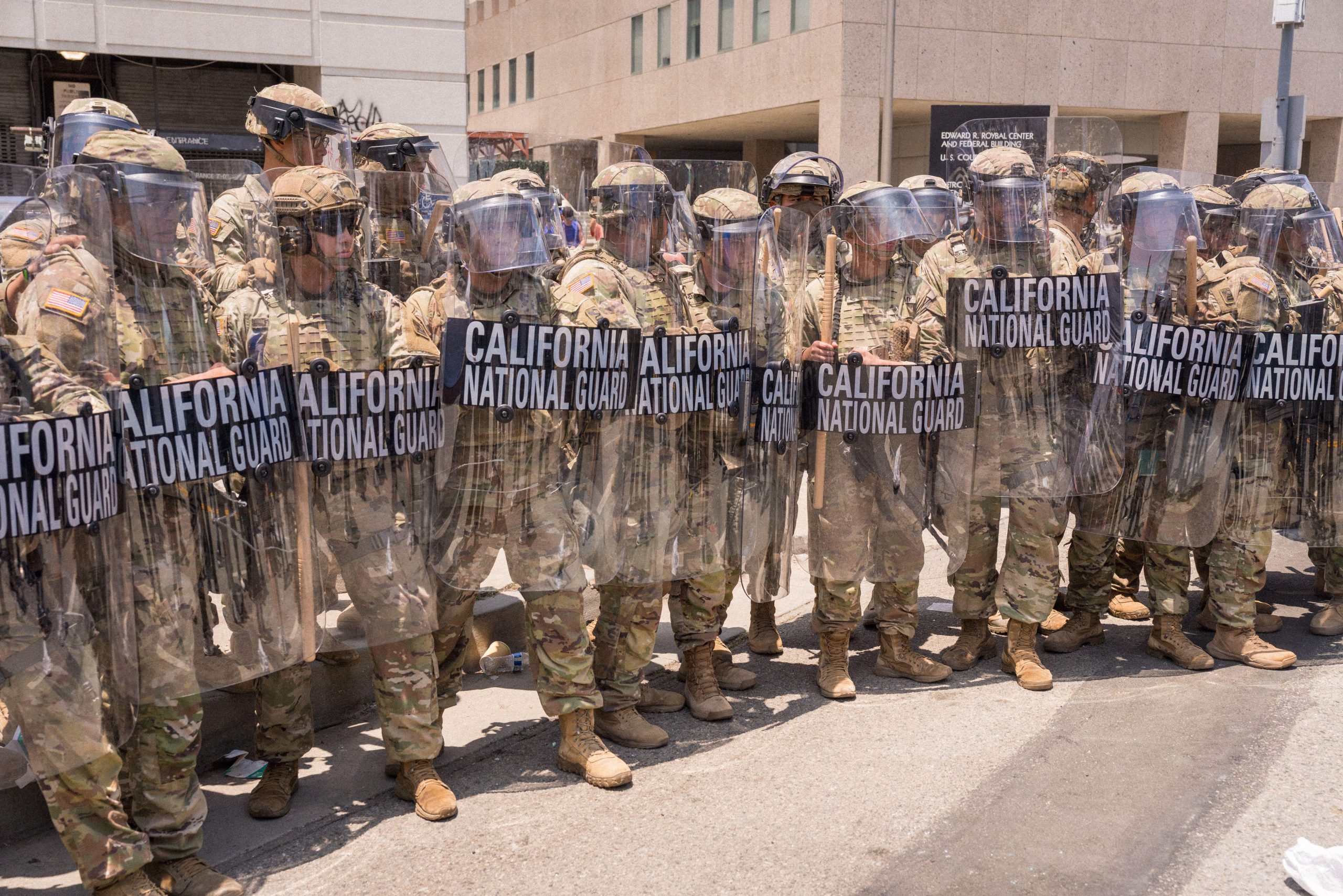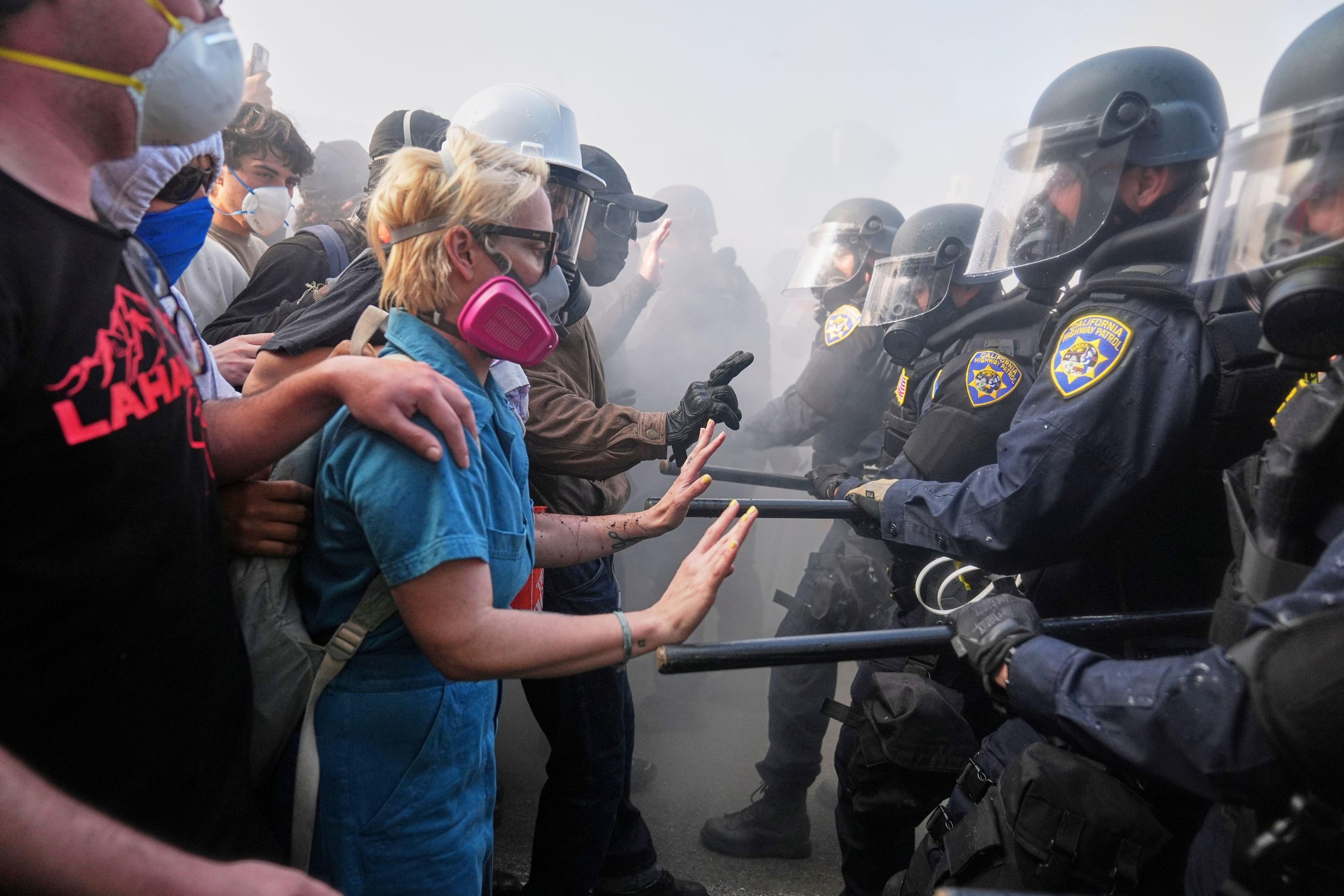Freedom House’s annual report Freedom of the Press, released last month, caused an outcry over the state of local media in Russia. Freedom House, a leading American civil rights watch-dog, put Russia on 164th place among 195 countries, and named the country “Not Free”. International press-freedom groups supported this evaluation: according to New-York based Committee to Protect Journalists, Russia is the second most dangerous country for journalists; Reporters without borders say that this country is 147th among 168 states, in terms of press freedom.
On 3 May, Koïchiro Matsuura, UNESCO’s Director-General, accused Russian authorities for the growing number of journalists’ murders and impunity, in the conference speech in Medellin, Colombia. Terry Davis, Secretary General of the Council of Europe released an accusatory statement on human rights suppression in Russia, highlighting the unsolved murder of the prominent journalist Anna Politkovskaya.
In response, the local officials and pro-Kremlin experts are persistently reminding that Russian journalists and authorities do not need any evaluation from the outside world to serve the public’s needs.
On the same day, Elena Zelinskaya, the vice-president of Media Union, (a Russian NGO uniting and supporting local media companies), and deputy chair at the Public Chamber’s Committee for Communications, Information Policies and Press Freedom, told the independent radio station Ekho Moskvy about a new project, Index of Press Freedom. The Russian Public Chamber and Public Opinion Research Center (VCIOM) will study the situation in the local media. The project participants are still to define the methods for this research, but Zelinskaya mentioned the economical level of each Russian region, the quality of journalists’ education, and regional practice of the rule of law as the criteria for such evaluation. ‘It seems to us that the evaluations that any foreign organization offers, are mostly based on the opinions… the experts’ views,’ Zelinskaya says. ‘We would like to use facts for our analysis. Our task is to understand what is going on in our country.’ According to Zelinskaya, the Public Chamber must ‘control’ press freedom in Russia, and the project aims to reveal the factors that influence freedom in media.
Anatly Kucherena, the chairman of Public Chamber’s Committee for Public Control over the law enforcement agencies, and the leader of Civil Society public movement, told Russian newspaper Kommersant daily that on Monday, May 7, he would send papers to Brussels for registering the new Association of human rights organisations. Human rights activists from Belgium, Germany, Austria, Italy, USA will participate in this association, which ‘will monitor civil freedoms in the West and prepare ratings, similar to those, where Russia is represented as an outsider.’
Denis Dragunsky, the editor of political journal Kosmopolis, says: ‘Russian press is obviously less free then in Finland and Sweden, for instance, but Russia is a European country, observing human rights and freedoms.’
Boris Reznik, the deputy chairman of the State Duma Committee for Informational Policies, told the local media that he was sceptical ‘such ratings’. ‘It is not clear what criteria are used for these reports,’ Reznik said. ‘At the same time, we should recognize that we are not totally successful in press freedom development. But the question is whether the journalists themselves need freedom. Today many media companies refuse to be free voluntarily. It is easier for them to be obedient.’
The majority of Russian journalists though believe that the local media is heavily censored. The Guild of Press Publishers, a nonprofit partnership of Russian publishers of printed media and industry suppliers, conducted a survey titled Media Market and the Prospects of Civil Society in Russia, which showed that around 70% of Russian journalists recognize the fact of censorship of the local media. Initially, the research aimed to prove that since Perestroika (Mikhail Gorbachev’s liberal reforms) started, Russian media transformed from propaganda into the true reporting, but the polls do not support this hypothesis. Virtually all Russian journalists deny the existence of press freedom in Russia. As for the public, only 27% of Russian citizens trust local media.
Freedom House evaluated the press of 195 states, and divided all the countries into three groups: with ‘free’, ‘partly free’, and ‘not free’ media.
74 countries were judged to have free media, 58 states –’partly free’, and 63 countries – ‘not free’. Finland and Iceland have the freest press, on the second and third places are Belgium and Norway. The USA shares 17th place with Estonia; Lithuania and Latvia are rated at 29 and 31 respectively. All of these states are considered ‘free’. ‘Partly free’ are, for instance, Ukraine, Georgia, Turkey and Colombia. The majority of post-Soviet republics are recognised as ‘not free’, the worst places in terms of press freedom are Burma, Cuba and Libya.
Freedom House’s report also describes the abrupt deterioration of freedom in the media during the last five years in Latin America and the states of former Soviet Union.
Maria Yulikova is Moscow Correspondent for CPJ




